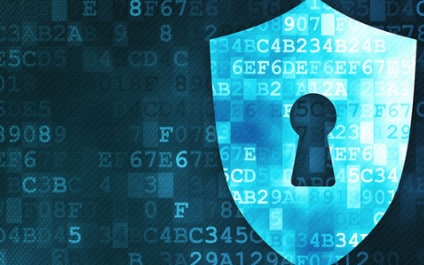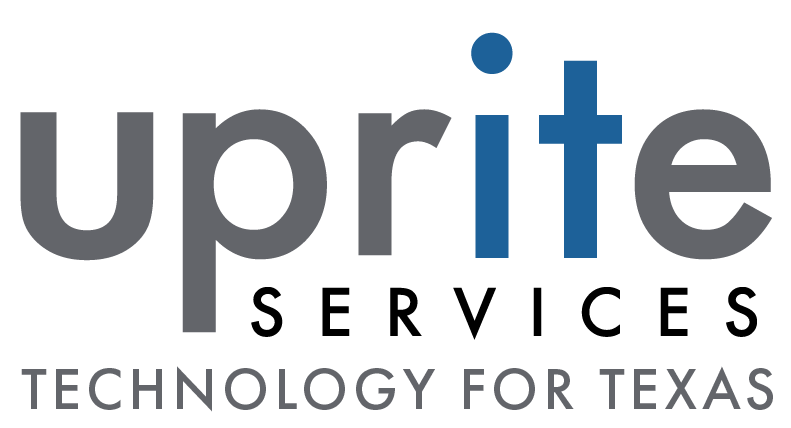
Small businesses make up the vast mass of companies that are in the United States of America. This has made them one of the crucial part of the economy.
Naturally, your customers want you to keep their personal and financial data safe but when there is a data breach, it can be an expensive ordeal, and the customers won’t be happy.
Also, just like the more significant enterprise, smaller enterprises that accept credit/payment cards will also have to follow the Payment Card Industry rules.
Sometimes these stipulations and threats are very difficult to do or deal with especially for small businesses that do not even have an IT company, to begin with. This can make it very difficult to tackle network security.
Moreover, prominent firms have good security teams and resources that give them a chance to overcome these security risks and threats; they still face almost the same challenges as do the small businesses.
As a small enterprise owner, you want to stop these threats; but before you try to stop them, you should first figure out what type of risks they are.
Below are some risks and threats that can be harmful to your small business.
IT SECURITY RISKS TO WATCH OUT FOR
1. Insider Threats
These risks and threats can come as an employee, contractor, business associate, or somebody else in your organizations that have access to data that are important and IT systems.
They can misuse or damage essential and sensitive data. This can harm your business.
2. Cybercrime
Hacking, phishing schemes, identity theft, and other types of cyber threats can attack your business data and leave it vulnerable.
Recently, these cyber attacks on small businesses are becoming numerous.
In the year 2017, small businesses that have only 250 employees had 43% of cyberattacks all over the world.
So even if your business is small, do not think that it is not attractive.
3. Malicious Attacks
Malware, ransomware, and denial of service; these are just ways of malicious attacks that can harm your business data.
This kind of attacks has many purposes. They include exploiting system vulnerabilities, rendering data unavailable, and stealing passwords.
This is a battle that does not end for IT security professionals because hackers unleash almost one million threats every day.
4. Technology and Natural Disasters
As a small business owner, you being dependent on technology can make your business vulnerable when disasters arise.
Floods, storms, hurricanes, and other natural disasters can harm and damage your infrastructure.
Human error, server failure, and other accidental disasters can also compromise your data.
It can take any form that it wants, but when it strikes, it can significantly destroy your business.
Almost 40% of businesses worldwide that went through these type of data disasters closed down.
5. Bring Your Device (Byd)
This is a norm that is now reigning in the business world.
Some employees utilize their tablets, smartphones, and laptops to gain access to company information.
These devices have made the security risks to increase. Therefore, IT departments should be alert about guarding company information when an employee device gains access.
HOW TO REDUCE OR ELIMINATE THESE RISKS
As a small business owner with low resources and weak security teams, you are wondering how you are going to face these threats. Below are ways that can help you to reduce this risks:
1. Delete Sensitive Data Appropriately
Be very careful when you are erasing sensitive data.
Before you recycle, shred any document that has confidential information.
Destroy all your confidential data from devices like computers, storage hardware, smartphones, and tablets before you dispose them.
2. Only Employees That Are Authorized Can Have Access to Business Computers
You can start by creating user accounts for every employee. It will restrict the access to your business computer. Hence, any employee that is not authorized will not have access to the business computer. Also, stop individuals that are not permitted to come close to it. This includes the cleaners that work at night too.
3. Use Strong Passwords to Protect Your Data
Sadly, hackers like attacking passwords so that they can grab potential data.
So the employees should always change the default password to a strong and complicated one so that your devices like networks and accounts, mobiles, and business computers will be secured.
4. Data Encryption
Whether your information is sent through the internet, stored in a cloud, or on a device, when you encrypt it, it will be difficult for hackers to gain access to it.
As a small business owner, you should go for systems that have inbuilt encryption options. By doing this, you cut down on the steps to secure your data. At this point, the only step left is to activate it.
CONCLUSION
With all these listed security measures, you will secure your business and grow the confidence of your patrons. Coupled with that, keep an eye out for new ways to protect your enterprise because hackers never sleep.

